-
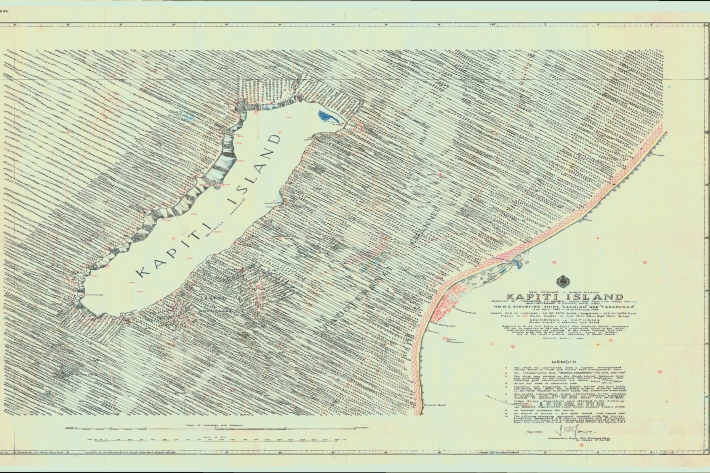
Revealing Kapiti Island's submarine landscape
Research ProjectWe are using modern techniques to map seafloor surrounding Kapiti Island, an area of significant cultural and environmental value to New Zealand. -
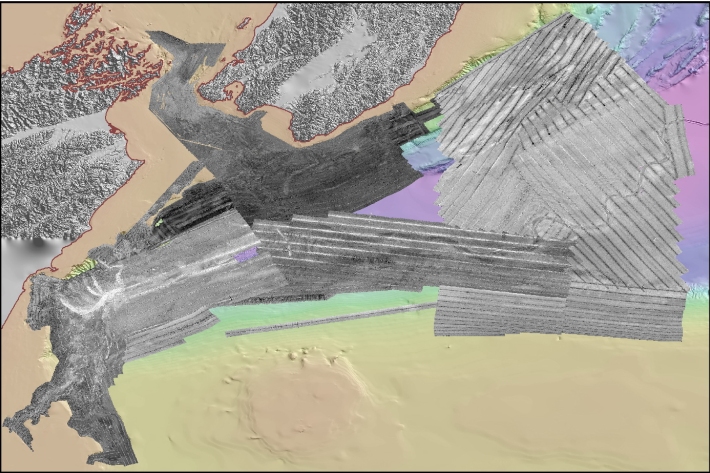
Backscatter Measurement Guidelines
Research ProjectMarine scientists have long recognized the potential of using remotely-sensed data, most often acquired using a sonar system, as a proxy of biophysical indicators. -
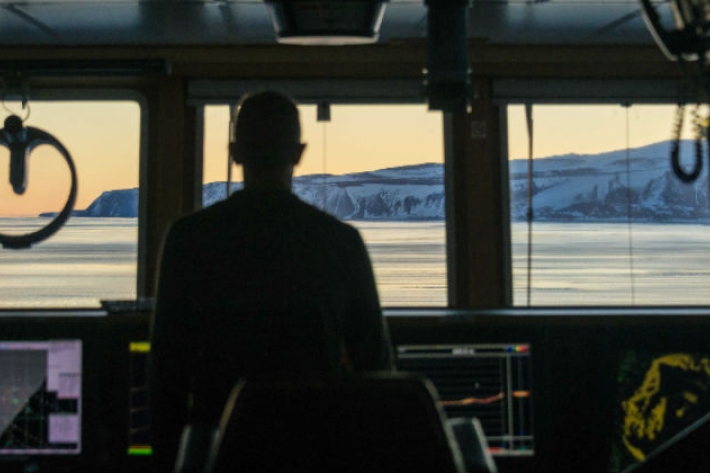
Pick of the Antarctic pictures
Blog13 March 2015Hundreds of amazing images have come back from NIWA’s NZ-AU Antarctic Ecosystems Voyage 2015 on RV Tangaroa. -

Voyage leader's final update
Blog11 March 2015Now back on dry land, Voyage Leader Richard O'Driscoll reflects on the final days of RV Tangaroa's 2015 Antarctica expedition. -
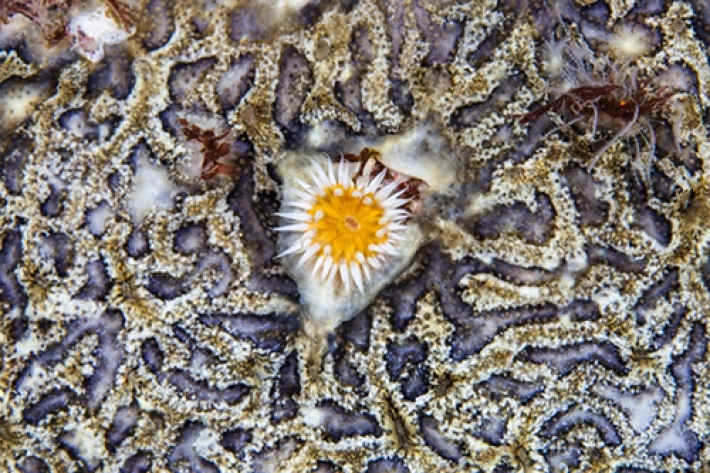
Critter of the Week: The colonial sea squirt Leptoclinides marmoreus Brewin, 1956
This week’s critter is the colonial ascidian, or more commonly known as seasquirt, Leptoclinides marmoreus Brewin, 1956. -
BLOG: Sir Peter Blake Trust Ambassador Blake Hornblow - Enounters with Antarctica's animals
Blog26 February 2015It has been another amazing week here on the Tangaroa. On Saturday we saw Antarctica which was an absolutely breath-taking experience that I’ll remember for the rest of my life! -
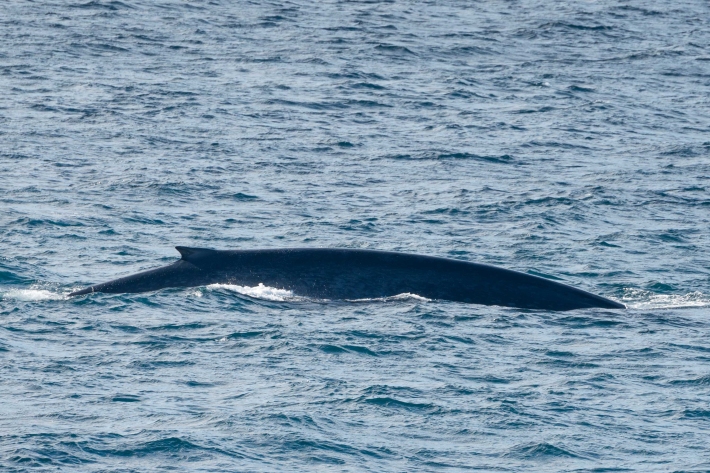
Explaining the blue whale research onboard the Tangaroa
Blog22 February 2015Scientists from the Australian Antarctic Division explain the blue whale research they are leading onboard the New Zealand-Australia Antarctic Ecosystems Voyage 2015. -

Travelling with the blues
Blog16 February 2015NIWA voyage leader Dr Richard O’Driscoll updates the Tangaroa’s encounter with the planet’s largest living beings – the Antarctic blue whales – and discovers what’s on their menu. -
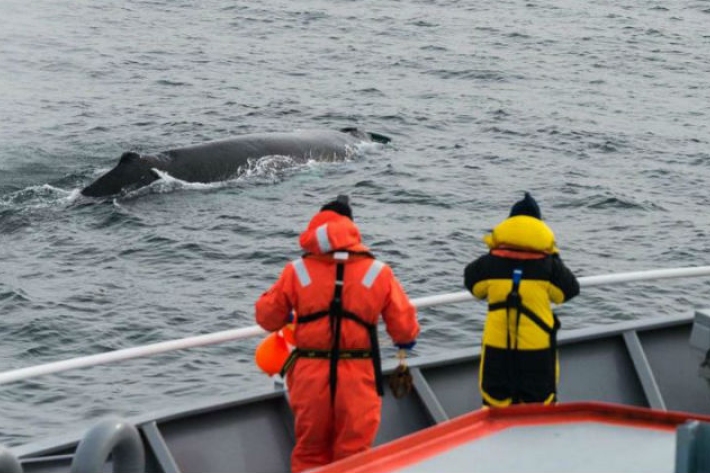
Balleny Islands humpback research success
Media release09 February 2015The first objective of the New Zealand- Australia Antarctic Ecosystems Voyage was successfully achieved with the completion of the research at the Balleny Islands. -

New study confirms world's oceans are warming
Media release03 February 2015An international team of oceanographers, including NIWA’s Dr Philip Sutton, has analysed data from ocean-profiling instruments known as Argo floats and found the temperature of the world’s oceans increased steadily between 2006 and 2013. -
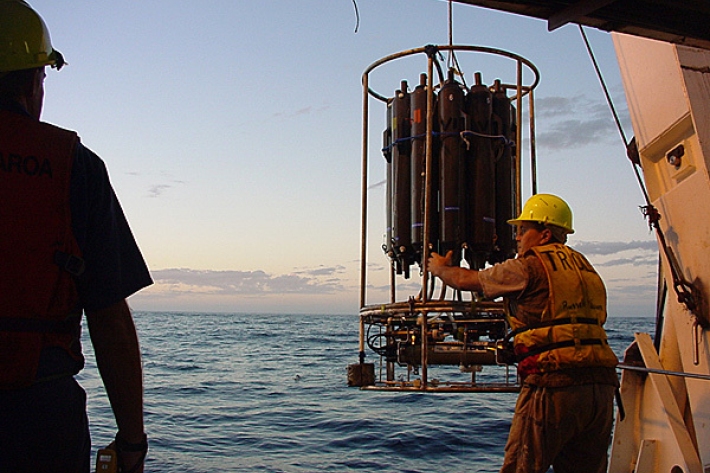
Measuring and analysing the Southern Ocean seas and atmosphere
Data collected continuously from this voyage will fill a critical knowledge gap, helping scientists to produce better global climate and oceanographic models to ultimately improve weather forecasting.

